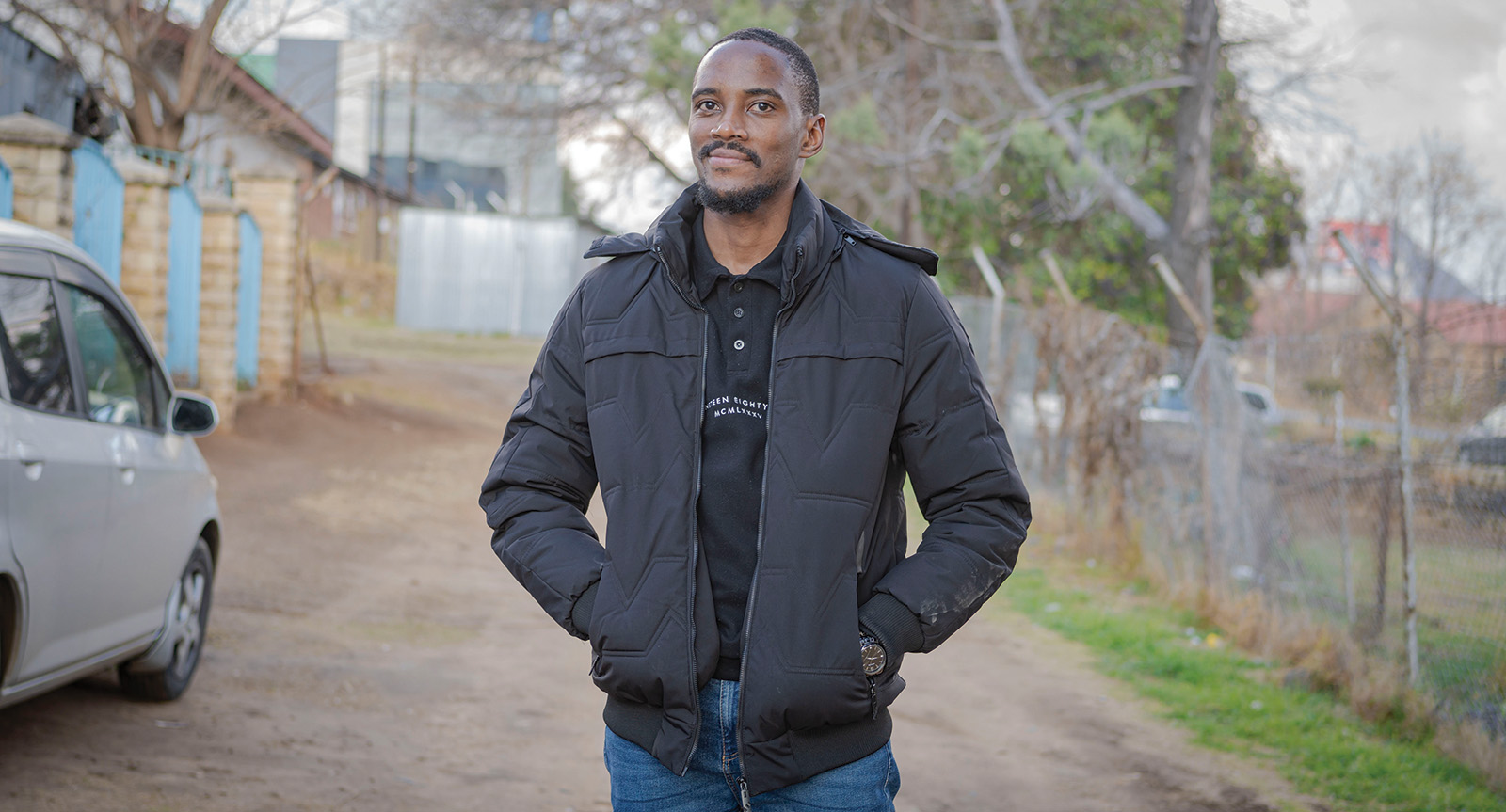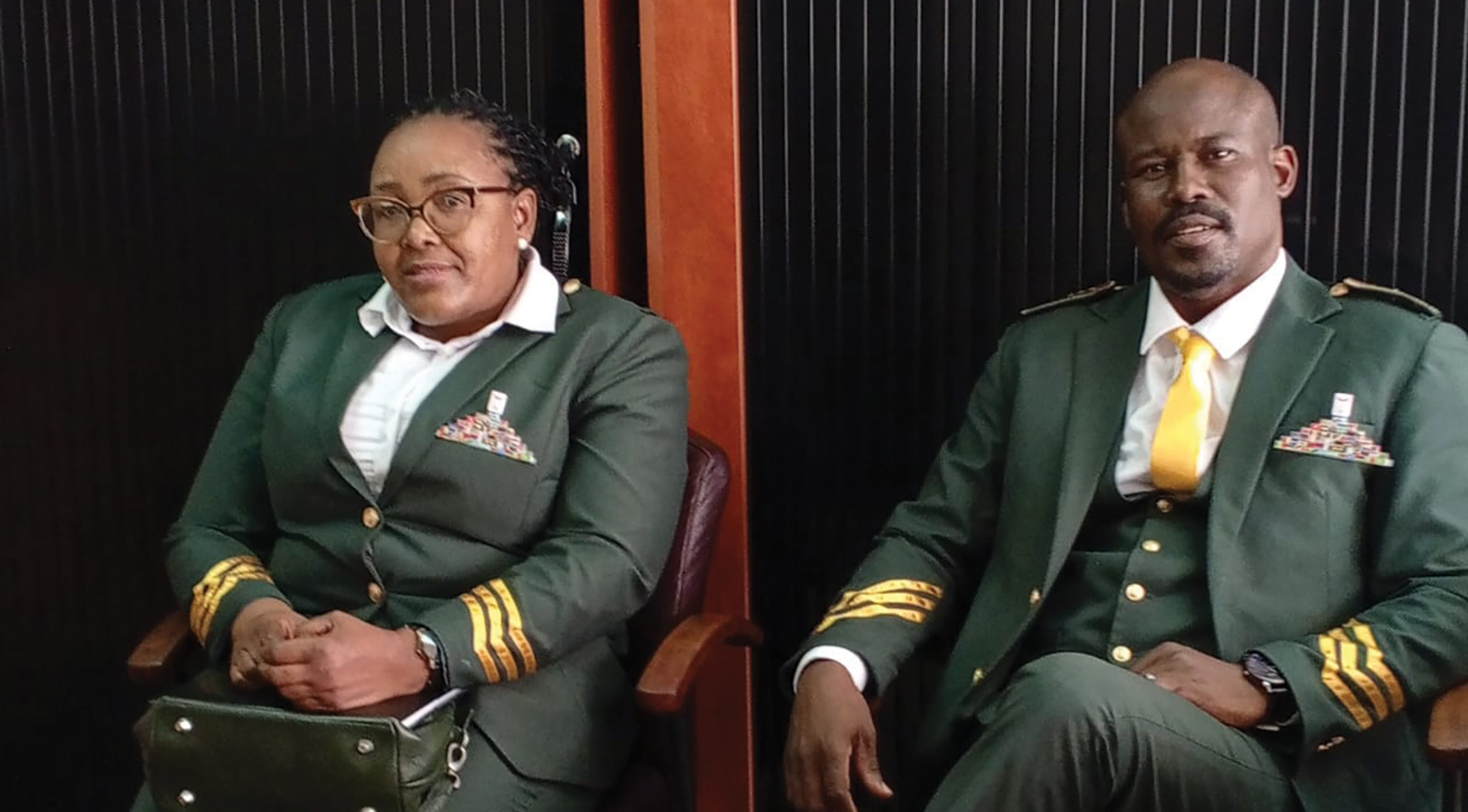Severe shortage of oncologists hinders cancer fight

SHARE THIS PAGE!
The Action Against Cancer Association Lesotho has sounded the alarm on the country’s dire shortage of oncologists, citing it as a major obstacle in the fight against cancer.
With limited access to specialised cancer care, patients are facing significant challenges in receiving timely and effective treatment.
In this interview with theReporter’s ‘Mantšali Phakoana, the founder of the association, ‘Mamahloko Lekhatla shares the organisation’s concerns about the impact of this shortage on patient outcomes. She also highlights the association’s efforts to raise awareness, improve cancer care infrastructure, and advocate for increased support for cancer patients in Lesotho.
What inspired you to establish Action Against Cancer Association Lesotho, and what personal experiences have driven your commitment to this cause?
In 2016, I was diagnosed with breast cancer. That moment changed everything. It forced me to confront the gaps in our healthcare system, the stigma around cancer, and the lack of awareness in our communities. I realised how much I didn’t know and how little the average person knew about early detection and treatment. That’s when I made it my mission to learn everything I could and ensure that others wouldn’t face the same confusion and fear alone. Action Against Cancer Association Lesotho was born out of that experience.
Can you share some statistics or insights about the current state of cancer care in Lesotho, and how does your organisation aim to address these challenges?
Cancer care in Lesotho is still in its infancy. Most people present at very late stages Stage III or IV when treatment options are limited and outcomes poor. Screening programmes are minimal, diagnostic equipment is centralised in urban areas, Maseru to be precise. shere’s still widespread fear and misunderstanding about cancer. Our organization works to bridge these gaps through education, early screening campaigns, community outreach, and by lobbying for accessible treatment pathways across districts.
How does your organisation work to raise awareness about cancer prevention, early detection, and treatment options in Lesotho, and what strategies have been most effective?
We go directly to the people. We’ve hosted awareness sessions in villages, churches, schools, and workplaces. We use local languages, testimonies from survivors, and relatable content. One of our most successful strategies has been mobile outreach taking education and screening tools to hard-to-reach communities. We also work with local radio stations and social media to amplify the message that cancer is not a death sentence, especially when detected early.
What specific services or support does Action Against Cancer Association Lesotho provide to cancer patients and their families, and how do you ensure accessibility for those in need?
We provide health education, emotional support groups, transport and food assistance for patients traveling for treatment, and referrals to specialised care. We also assist with navigating the health system which can be overwhelming. Accessibility is central to our mission, so we actively work with community health workers and volunteers in remote areas to identify patients early and link them to care quickly.
How do you collaborate with other healthcare organisations, government agencies, or international partners to advance cancer care in Lesotho?
We collaborate with the Ministry of Health, local clinics, and international NGOs focused on non-communicable diseases. Through these partnerships, we share data, co-host awareness events, and advocate for policy change such as integrating cancer screening into primary healthcare services. These partnerships allow us to scale our impact and learn from best practices beyond our borders.
What are some of the biggest obstacles that Action Against Cancer Association Lesotho faces in its mission to combat cancer, and how do you plan to overcome them?
Stigma remains a big challenge as many people still associate cancer with death or punishment. Limited resources, especially in rural clinics, and lack of trained oncology staff are also major obstacles. We’re addressing these through continued education, empowering survivors to speak out, and working with the health system to push for more training and infrastructure. We believe that changing beliefs is just as critical as improving services.
Can you discuss any successful initiatives or programmes that your organisation has implemented, and what impact they’ve had on the community?
One of our most impactful initiatives has been the collaborative development of Information, Education, and Communication (IEC) materials focused on cancer awareness. These were created and translated in partnership with the African Cervical Health Alliance (ACHA) and the Ministry of Health Lesotho, ensuring the content was culturally sensitive, accessible in local languages, and grounded in community realities.
Building on this foundation, we hosted awareness campaigns at nearly all health centres across Botha-Bothe district. These sessions didn’t just share information they encouraged dialogue, demonstrated breast and cervical self-exams, and linked participants to screening services. Health workers at the clinics were involved from planning to delivery, which helped ensure ownership and continuity even after we left.
As a result, we’ve seen more women proactively seeking screening services, and more men engaging in conversations about cancer in their households breaking the silence and stigma that have long surrounded this disease.
How do you see the landscape of cancer care in Lesotho evolving in the next 5–10 years, and what role does your organisation aim to play in shaping this future?
I see more integration of cancer screening into primary healthcare, greater survivor visibility, and hopefully the establishment of a national cancer registry. Our organisation wants to lead in building a grassroots movement educating families, building trust in early treatment, and pushing for policy change to make care more equitable and consistent. We want to ensure that cancer is no longer whispered about but talked about openly and acted upon early.
What message would you like to convey to the people of Lesotho about cancer prevention, detection, and treatment, and how can they get involved in your organization’s efforts?
The earlier you know, the better your chances. Cancer is not a curse, and it doesn’t always mean death. Learn your body, speak up about unusual symptoms, and go for screening when possible. We invite communities to join our awareness walks, health talks, and volunteer teams. Everyone can play a role even if it’s just sharing accurate information with a friend or neighbour.
How can individuals, businesses, or organisations support Action Against Cancer Association Lesotho’s mission, and what types of partnerships or collaborations would be most beneficial?
Support can come in many forms: funding for transport and screening events, sponsoring awareness campaigns, donating resources like medical supplies, or offering training opportunities for our volunteers. We also welcome research collaborations and tech partnerships to help improve data collection and patient tracking. What matters is a shared commitment to early detection and accessible care for all.
Looking ahead, what are your organisation’s long-term goals and aspirations, and how do you plan to measure success in the fight against cancer in Lesotho?
Our vision is to see a Lesotho where every person regardless of income or location has access to information, screening, and timely cancer care. We measure success not just by numbers, but by stories: the mother who survives to raise her children, the man who catches prostate cancer early, the young girl who gets vaccinated against HPV. Success will be when cancer stops being a silent killer and becomes a manageable disease, caught early and treated with dignity.


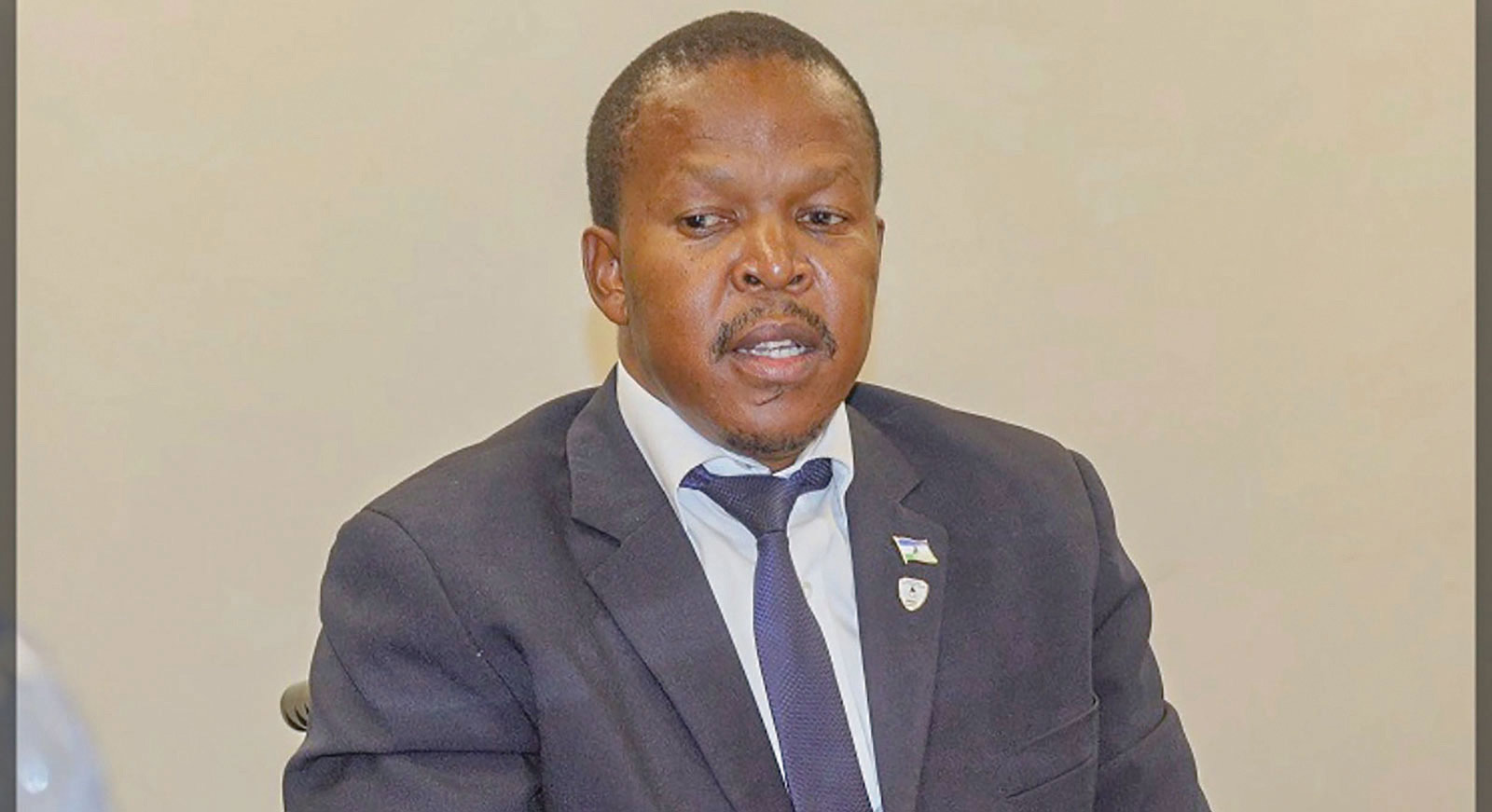
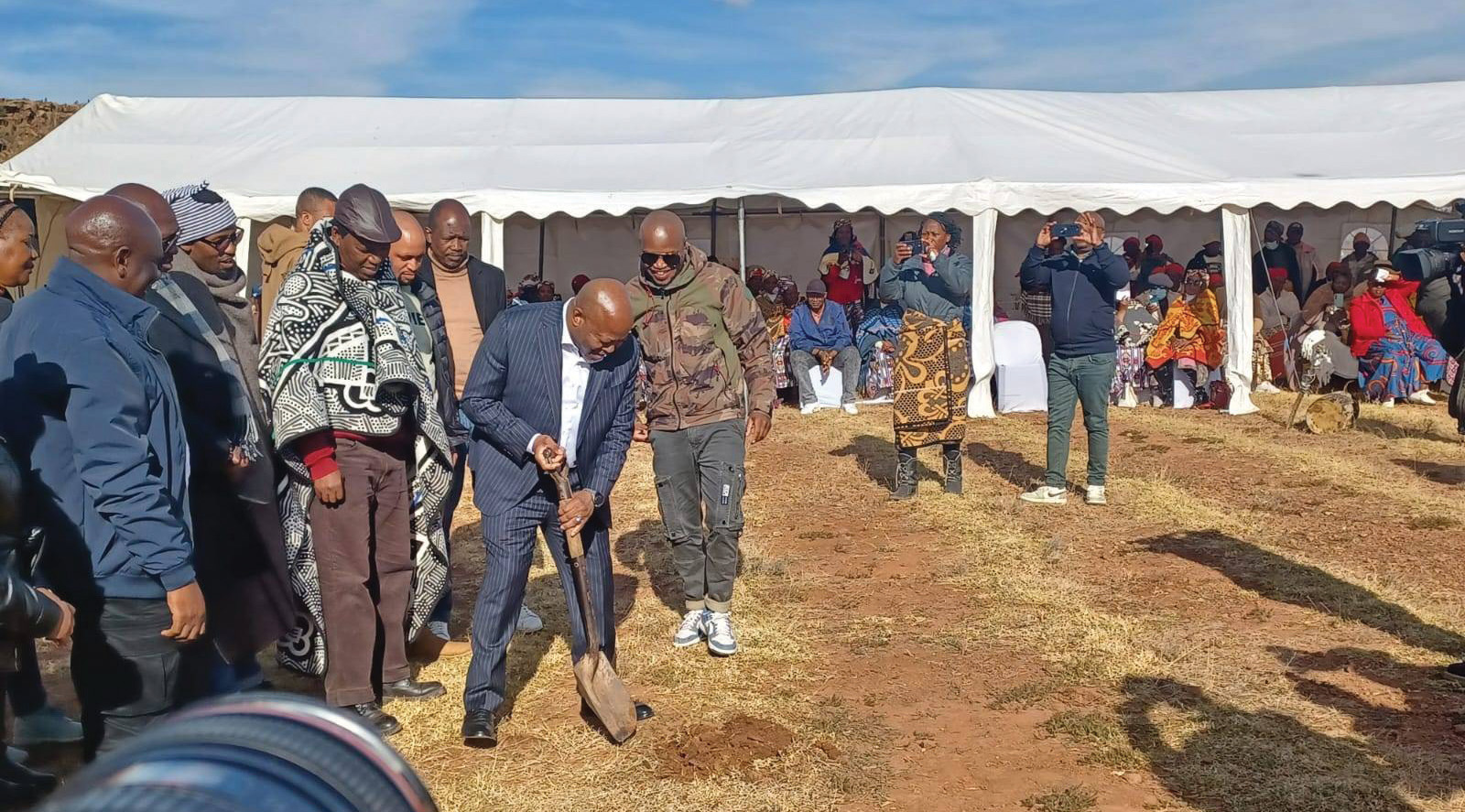

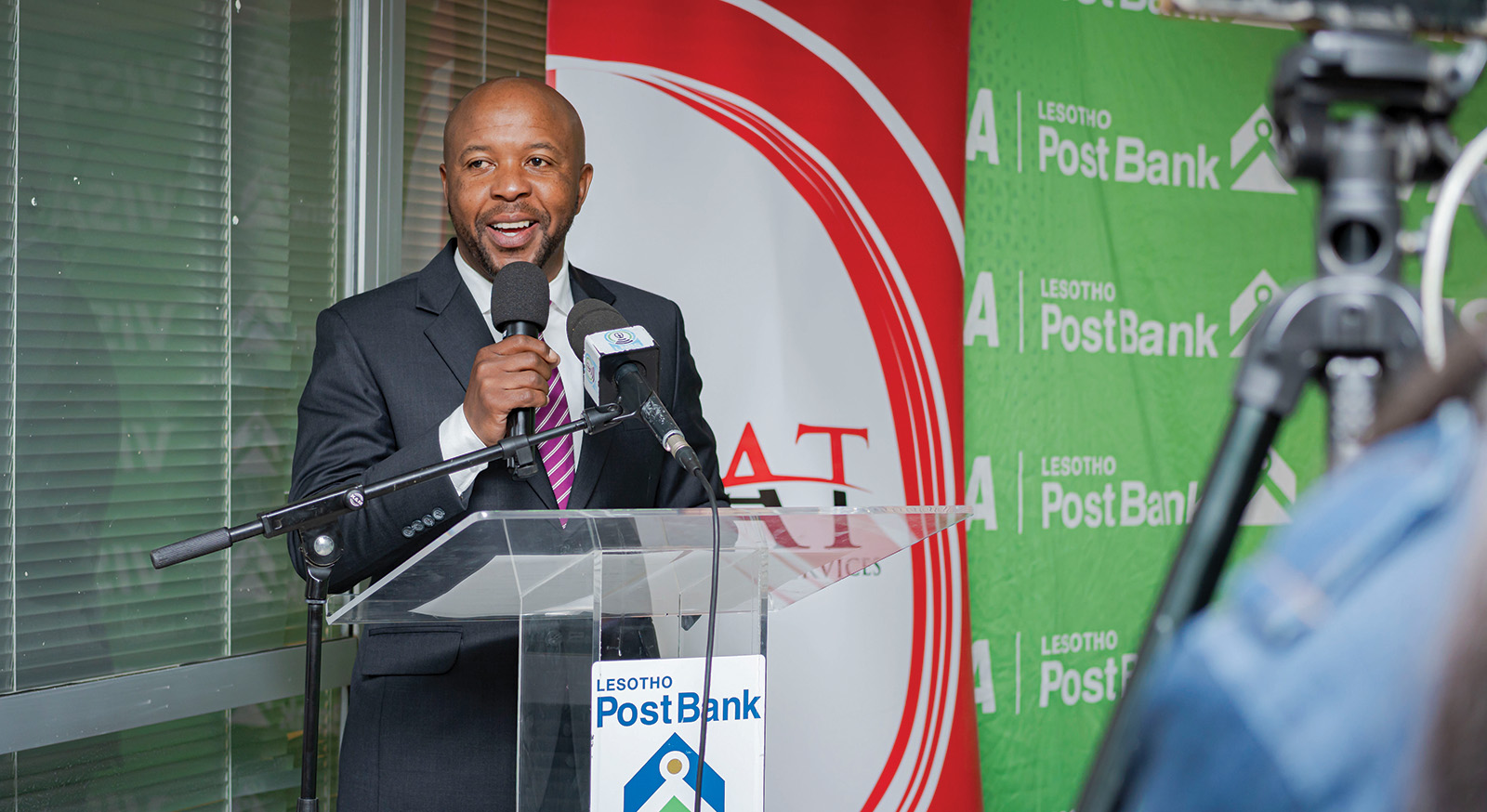

Crusher dust dispute heats up in Matala court
10 days ago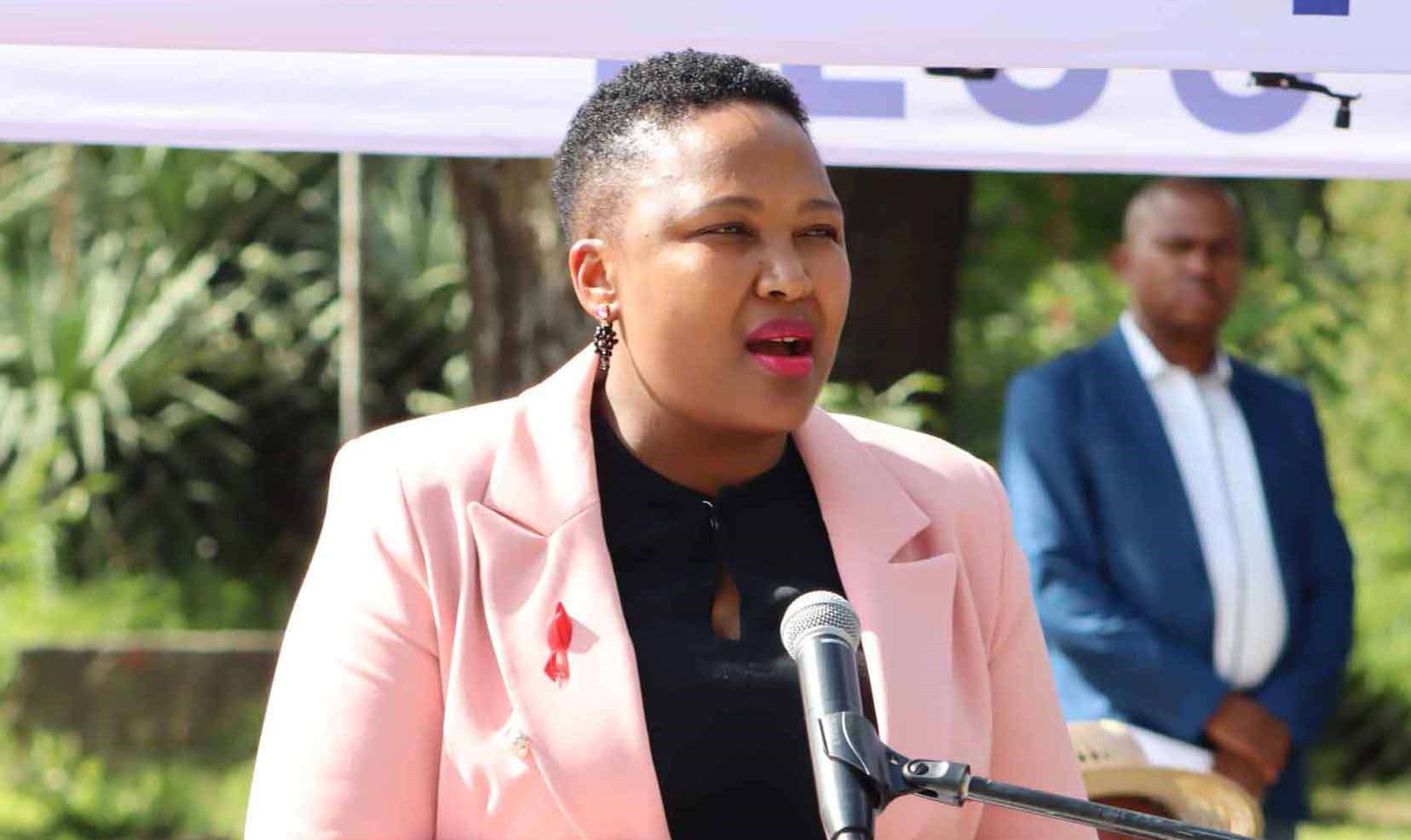
Youth media drive hits Botha Bothe
10 days ago